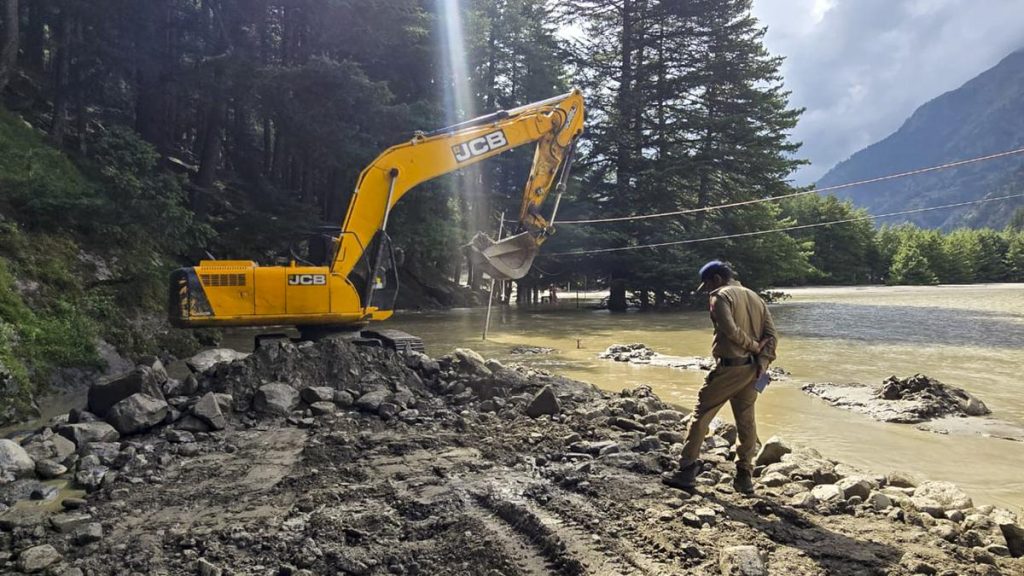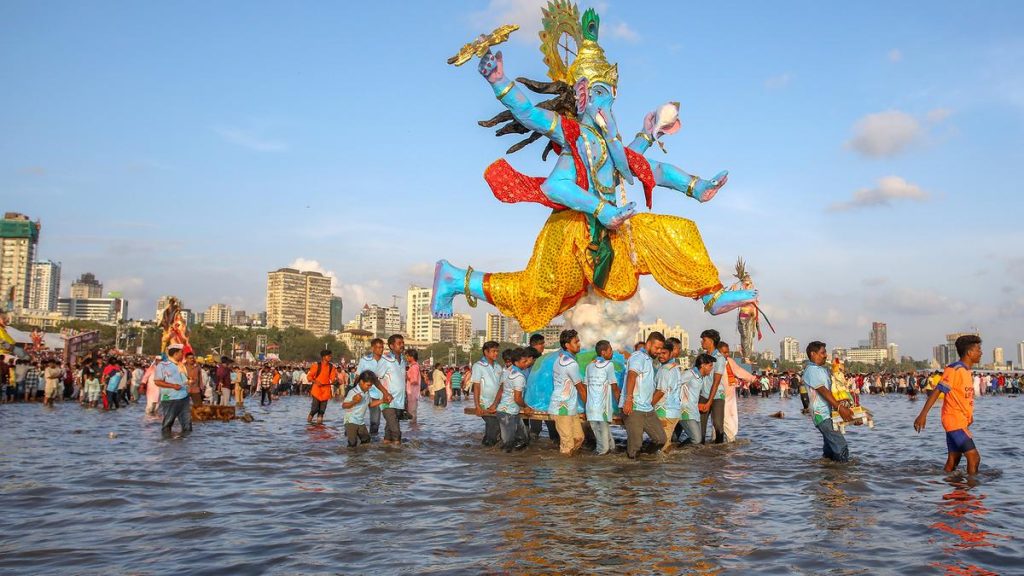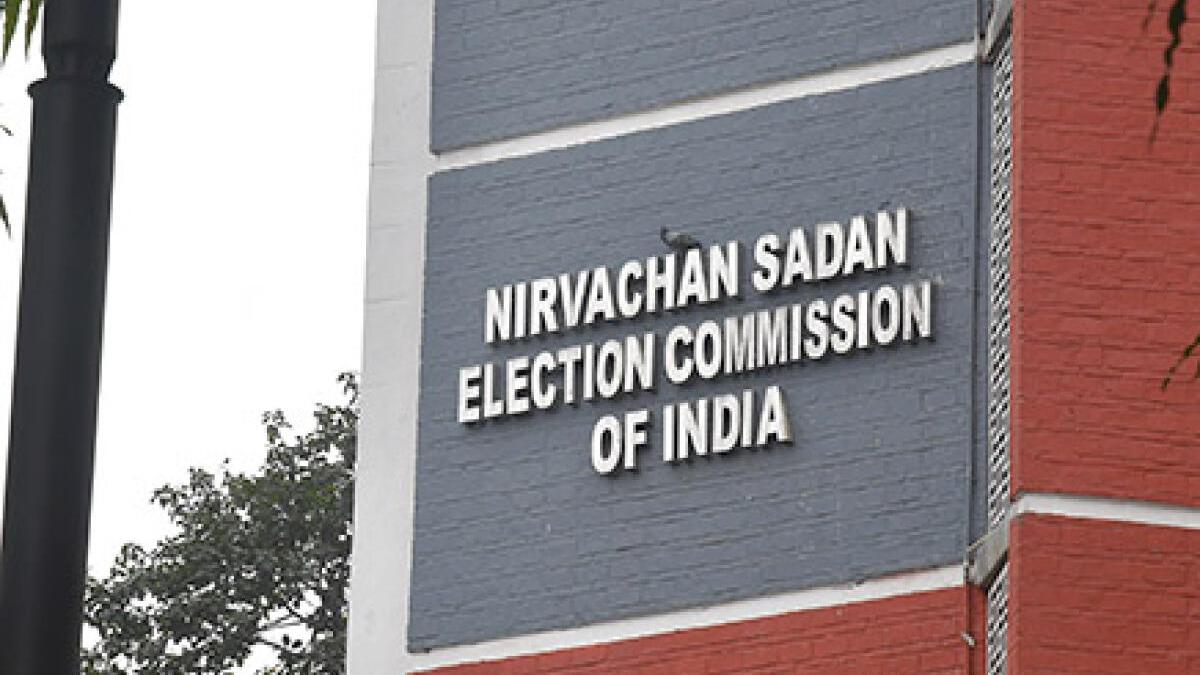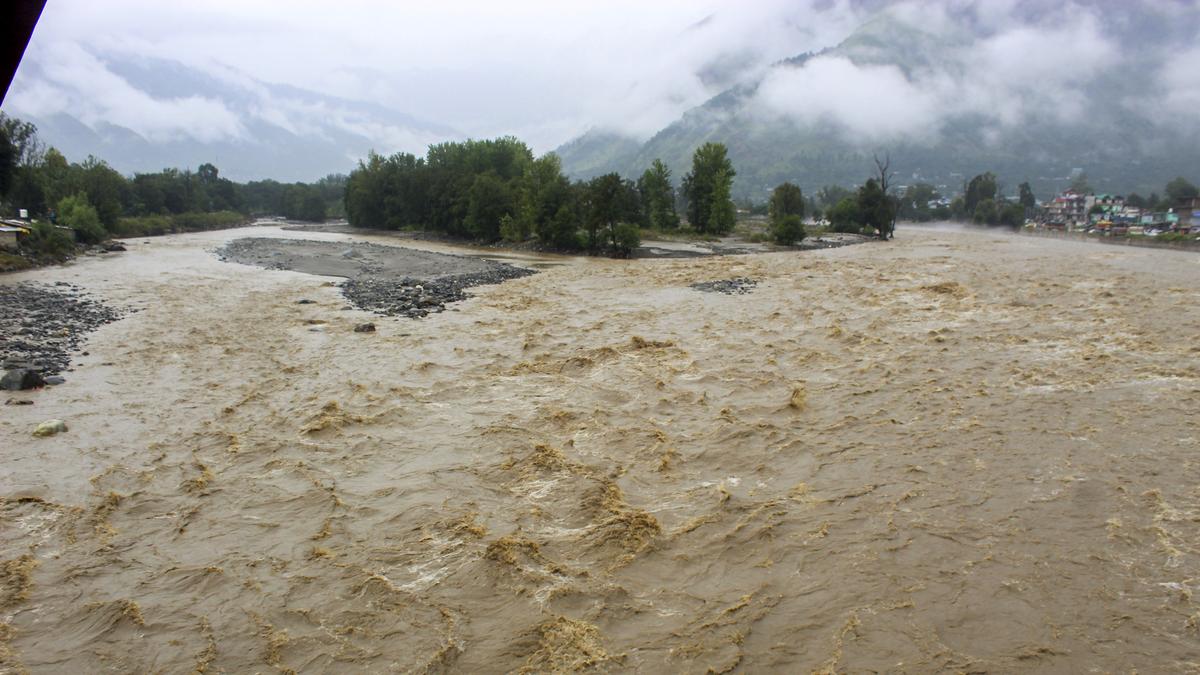Now Reading: Telangana CM Revanth Reddy Criticizes BRS, KCR Over BC Quota in Local Elections
-
01
Telangana CM Revanth Reddy Criticizes BRS, KCR Over BC Quota in Local Elections
Telangana CM Revanth Reddy Criticizes BRS, KCR Over BC Quota in Local Elections
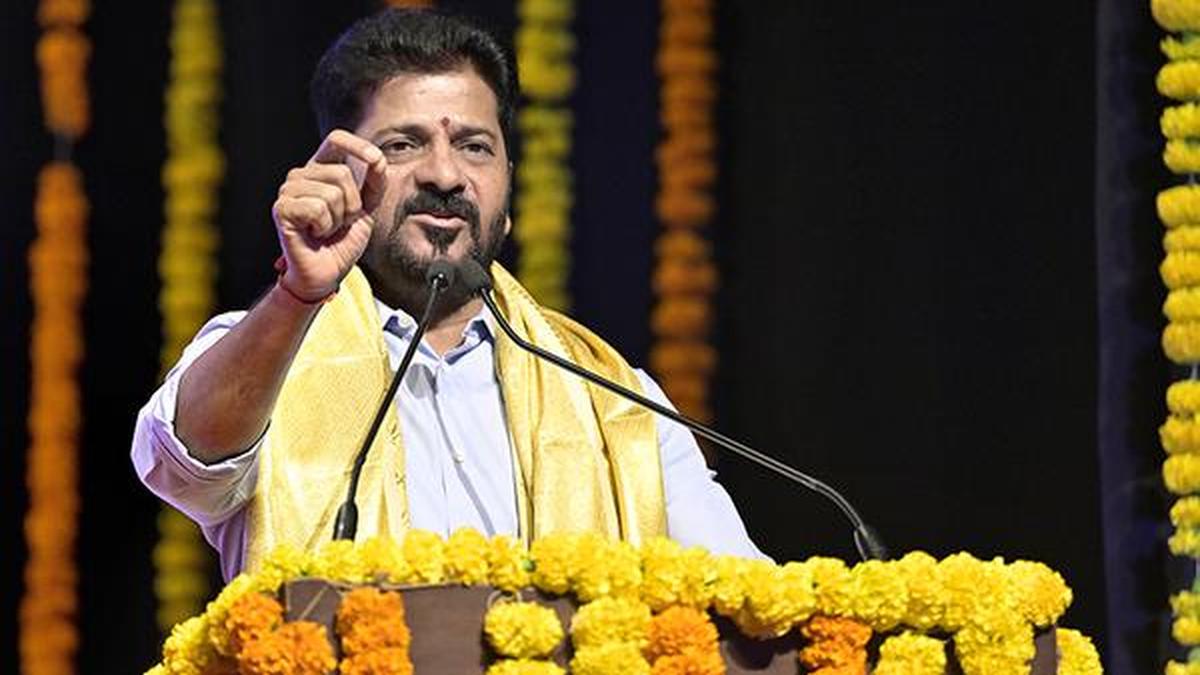
quick Summary
- Telangana CM A. Revanth reddy criticized the Bharat Rashtra Samithi (BRS) for allegedly obstructing efforts to provide 42% reservations to Backward Classes (BCs) in local body elections.
- Two legislations – Telangana Municipalities (Third Amendment) Act 2025 and Telangana panchayat Raj (Third Amendment) Bill, 2025 – were passed, capping total reservations at 50%, impacting the implementation of BC reservations.
- The Government promulgated an Ordinance lifting the 50% cap on overall reservations but awaits approval from the President as intervention by BRS leaders is suspected.
- Local body elections are ordered by the High Court before September 30, following petitions challenging delays in conducting them.
- The Government has constituted committees and commissions to gather data on BC communities and study reservation practices across State levels while awaiting directives from higher authorities for further action.
- CM Revanth Reddy claims he sought Prime Minister Narendra Modi’s appointment multiple times without success, offering to lead an all-party delegation if needed.
Indian Opinion Analysis
The debate over enhancing Backward Class (BC) quotas reflects a broader challenge in balancing constitutional safeguards such as reservation limits wiht increasing demands from marginalized communities. While CM Revanth Reddy’s management has taken steps like drafting legislation and engaging legal processes, it faces hurdles including opposition stances, judicial mandates requiring timely electoral processes, and delays in receiving central approval for lifting caps.
Politically, this issue could escalate tensions between state parties like BRS and the ruling government under Revanth Reddy’s leadership due to differing perspectives around affirmative action policies for BCs-a historically significant group within India’s polity. For citizens dependent on such measures, prolonged legal or procedural delays might impact their socio-political representation within local governance structures.
This growth underscores two critical points: collaborative policy-making across party lines remains vital for resolving such complex issues; secondarily, evolving reservation discourse requires delicate navigation between democratic inclusiveness and adherence to statutory limits.
Read More: link


